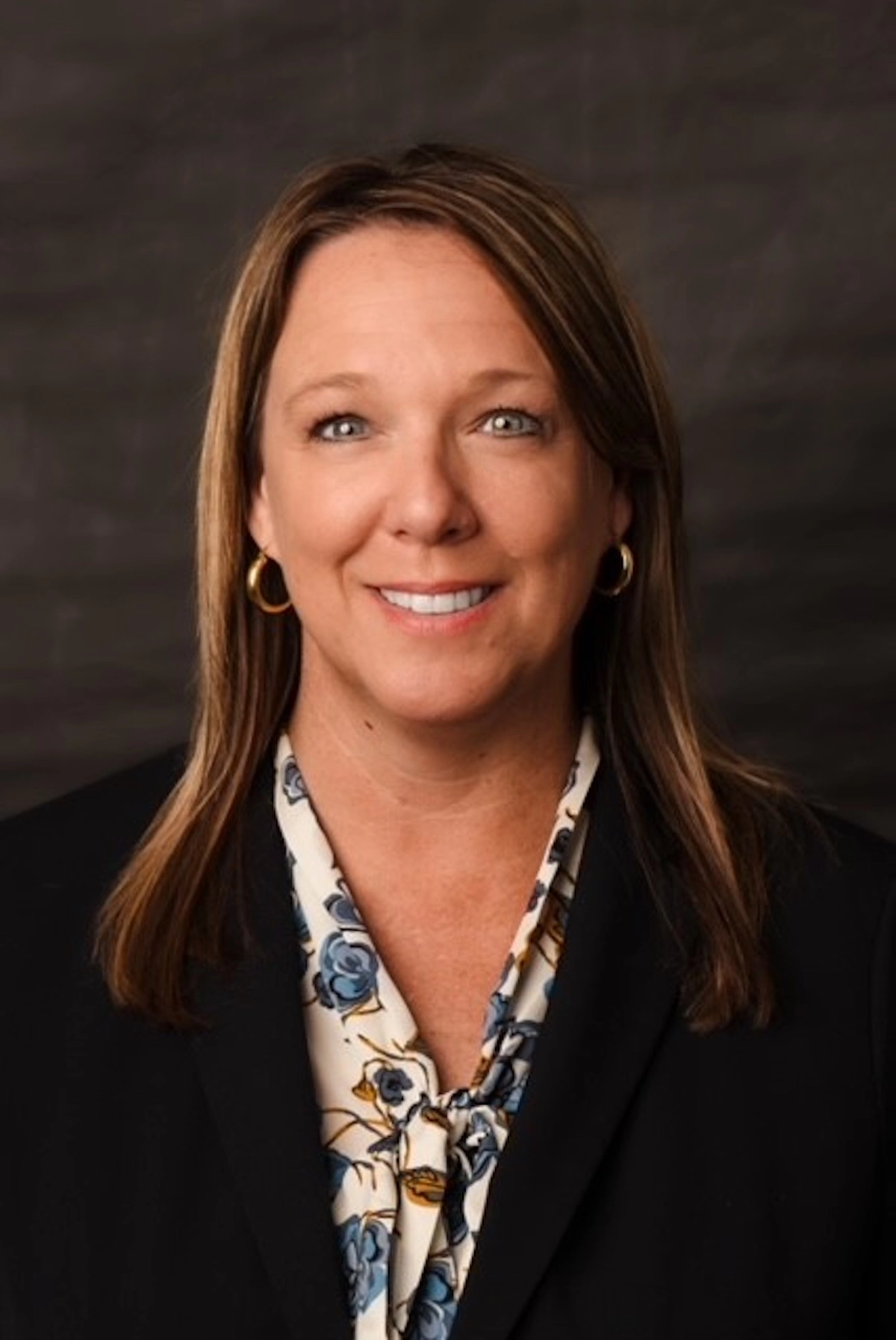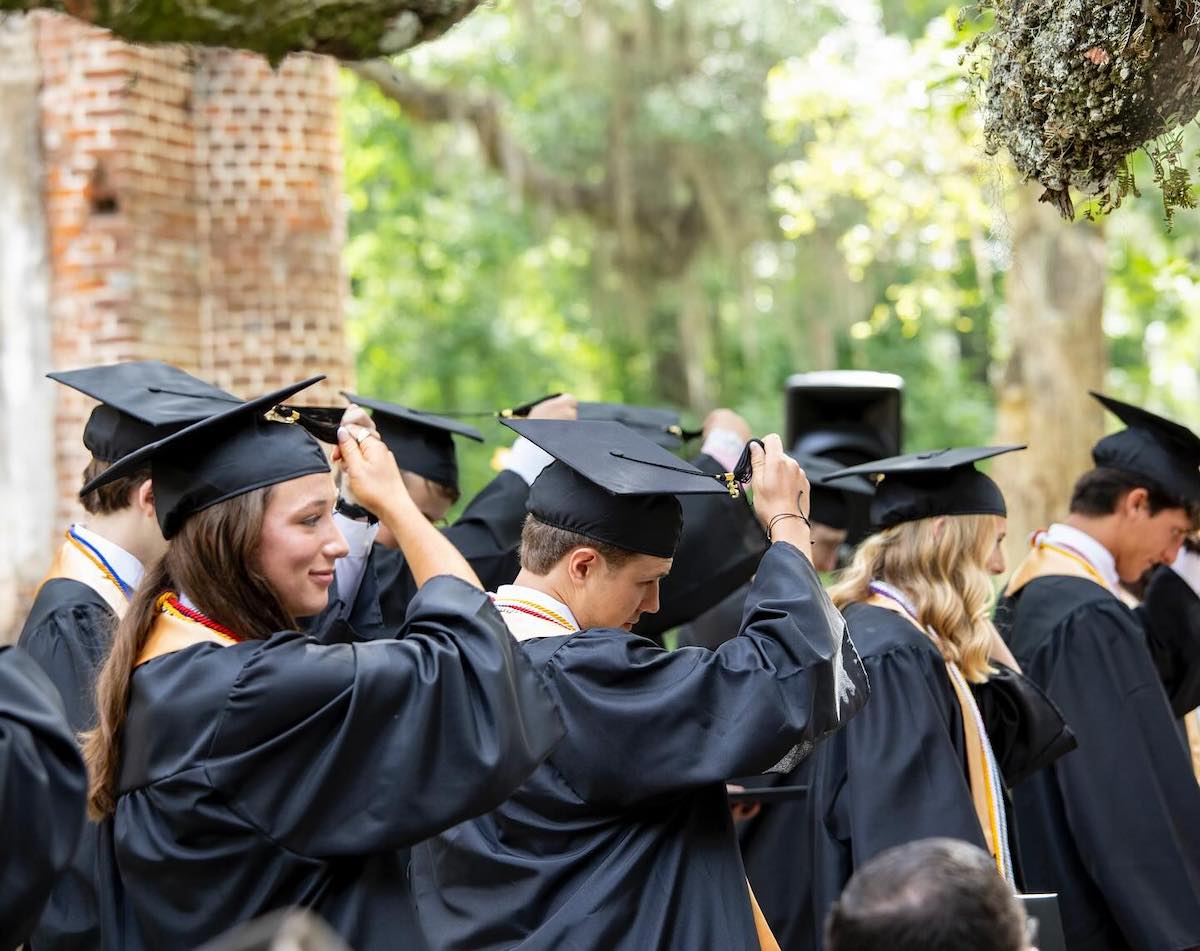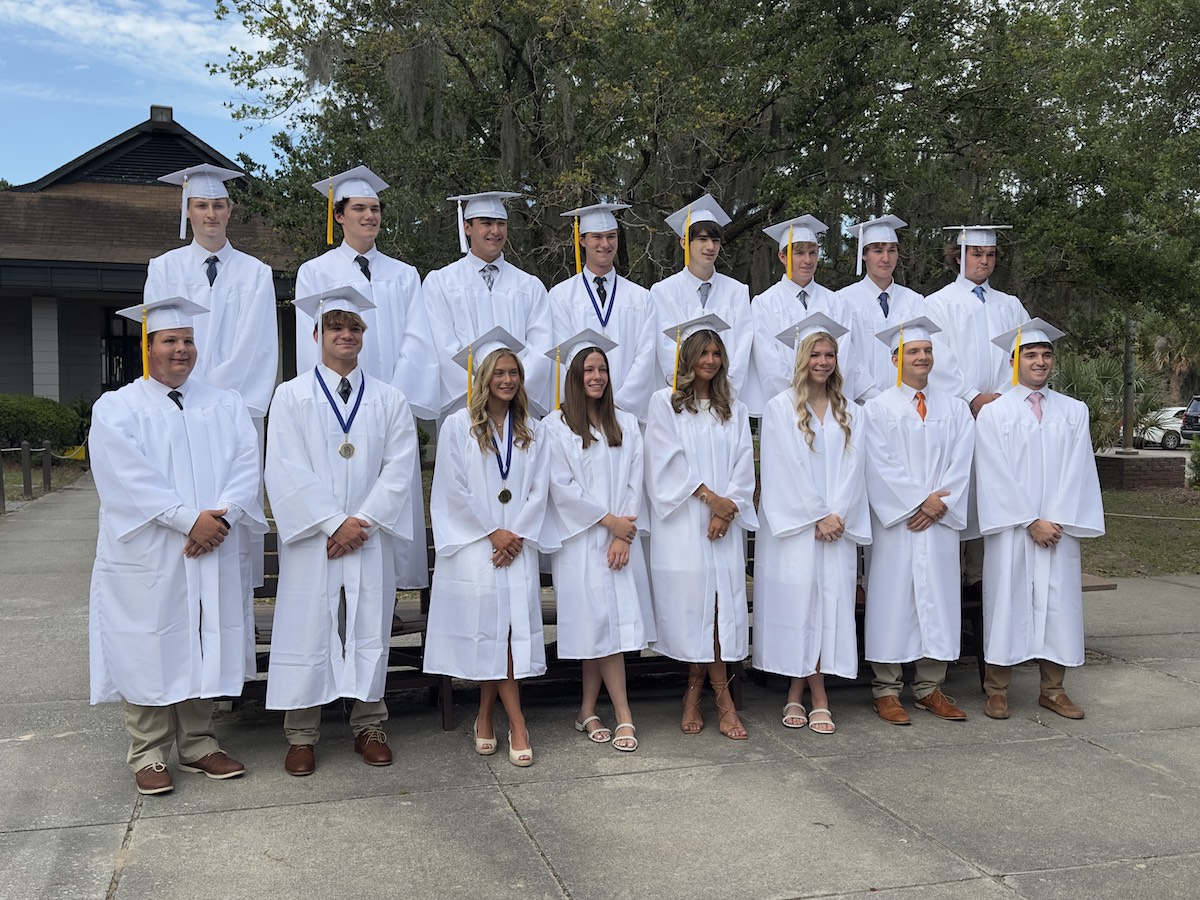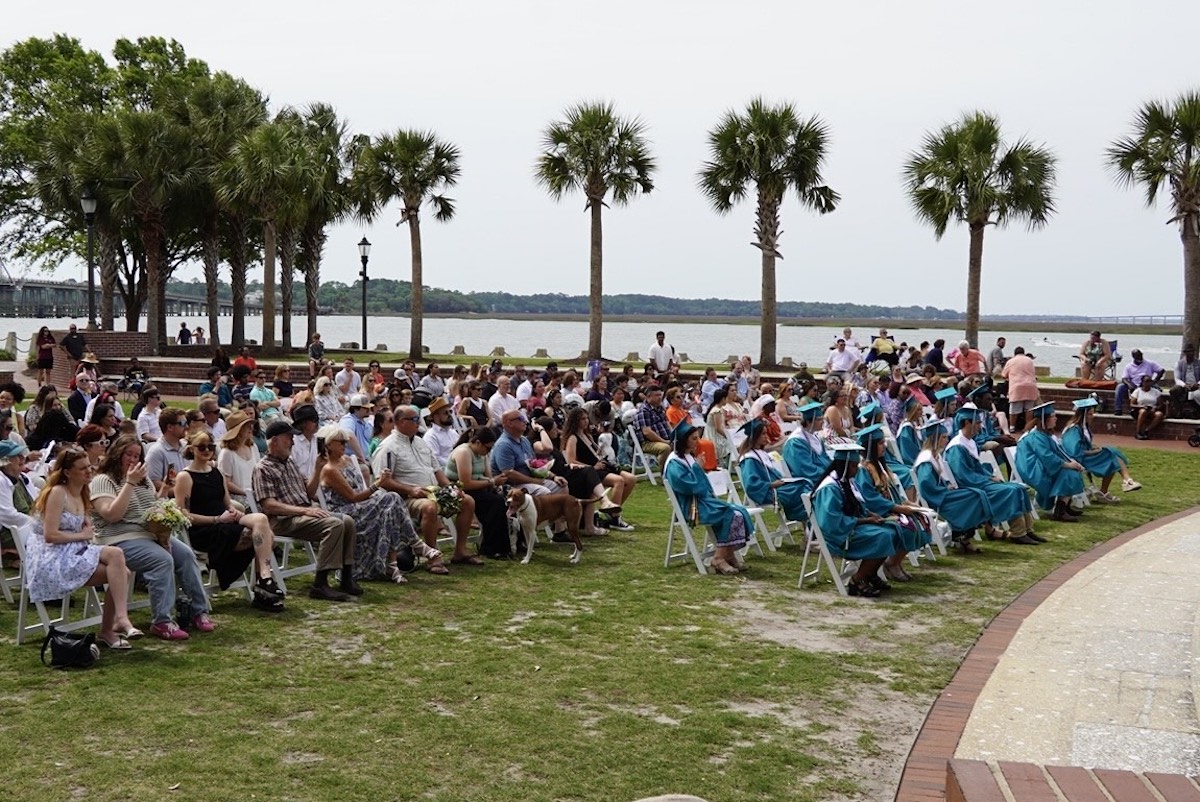By Randy Page
“Everyone is unique and that makes each of us special.”
That’s not just a sappy greeting card line; it’s a fundamental truth of education. Each person has a unique way of learning, applying and retaining information.
Psychologists give this phenomenon fancy names like “multiple intelligences,” or “learning modalities.” Whatever you call it, the fact remains that different students require different types of instruction and curriculum. Some learn by seeing, others by hearing, and yet others by doing. Standardization doesn’t work in education.
Teachers and parents know this fact, but many politicians and public school administrators seem to have forgotten it.
Over decades, they have taken control away from parents and teachers and made education a one-size-fits-all state enterprise.
Day-to-day operations at public schools are now driven in precise detail by state and federal mandates.
School districts are caged in by onerous regulations and micromanaged by far-off technocrats.
For the most part it is the schools’ own fault. Through powerful political lobbying, the school boards and administrators have driven up government funding of public schools year-after-year, knowing full well that money comes with complicated strings attached. Ever more money for public education (over $11,700 per student this year alone) has not led to higher student achievement. It has not decreased inequalities between schools in different areas of the state. It has not increased parental engagement in public education. It has, however, made public education a powerful political force.
Many non-teaching “educators” now have an overriding personal or professional stake in the financial “success” of the system itself. That’s a dangerous thing for students and parents.
Excellent education is student appropriate. It is innovative and adaptive. It is not, and cannot be, standardized and politicized.
There is a way to turn the system around. We can give parents of all income levels the means and motivation to get more involved in their children’s education. We can support innovation and specialization among schools. We can reverse the trend of one-size-fits-all. That way is School Choice, and it’s proven to have raised student achievement and reduce educational costs in other states. It allows parents — those with the most information and best motivation — to direct their own children’s education. It helps to ensure students are seated in the classroom best suited for their unique learning needs.
For nearly a decade, lawmakers in South Carolina have debated education choice for families. In that time public school spending has gone up and test scores have dropped.
Organizations representing the school boards and school bureaucrats have aggressively fought against any move toward a more parent-driven educational system. Their fear of change has become the stuff of legend in Columbia. This powerful political force has shamelessly cloaked itself in the name of “the children” as it lobbies for its own institutional interests. The choice is simple: either ignore the differences among students and blindly throw ever more money at the one-size-fits-all public school system, or wake up to the realities of individual differences and embrace them through parental choice.
Randy Page is President of South Carolinians for Responsible Government and a board member of the Palmetto Family Council.
Latest from Schools
From staff reports Four veteran administrators have been selected for key Beaufort County School District (BCSD)
From staff reports According to a news release from the Beaufort County School District (BCSD), Lady’s






